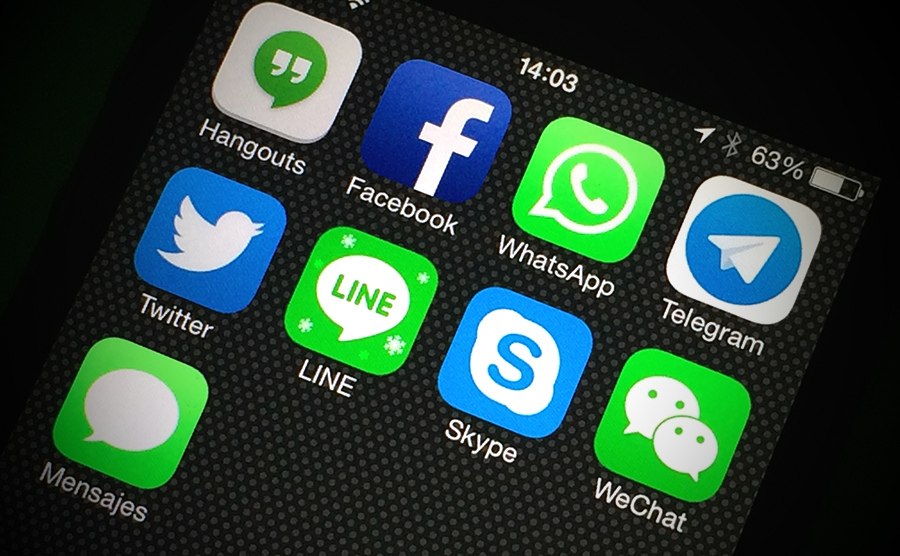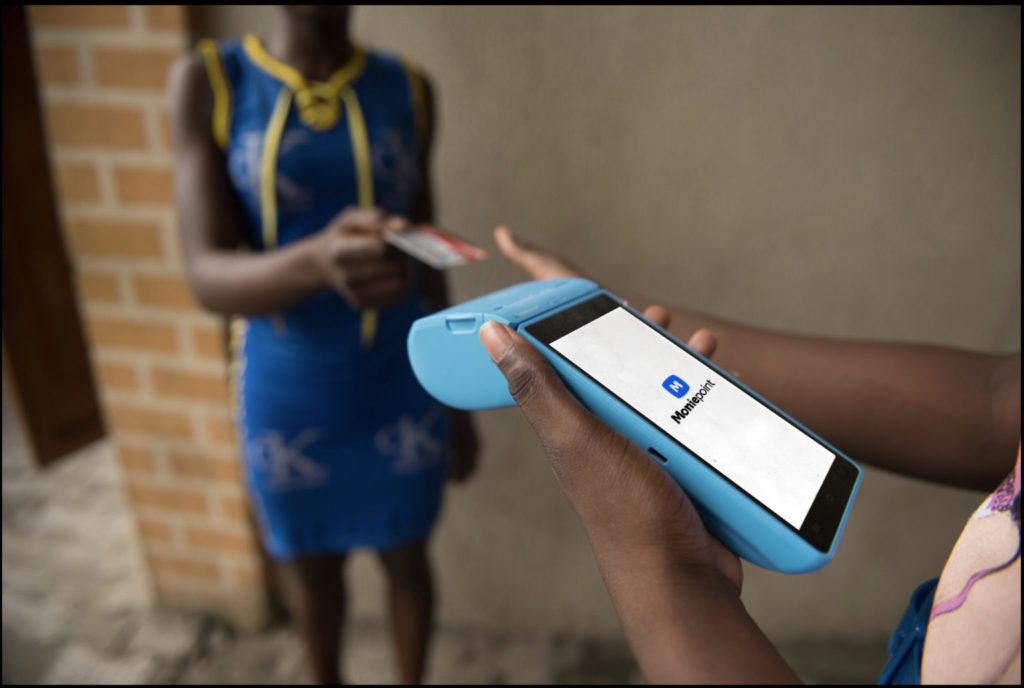SMS is about to get a gigantic upgrade. Today, the GSMA announced that it has it is aligning with global telecommunications companies and Google to adopt a universal rich communication services profile that will be embodied in an all new messaging client that will be provided by Google, via Android. According to the official statement from the GSMA;
“The initiative will enable all operators worldwide to provide an open, consistent, and globally interoperable messaging service across Android devices. Operators have agreed to transition toward a common, universal profile based on the GSMA’s RCS specifications and an Android RCS client provided by Google in collaboration with operators and OEMs.”
This is a very interesting development, when taken together with a number of simmering tensions in the global communications industry. WhatsApp alone now processes more than twice the amount of messages that flow through the global SMS channels every year.
https://twitter.com/BenedictEvans/status/694342874729545729
In January 2016, WhatsApp announced that it had achieved 1 billion monthly active users. Over the top (OTT) messaging via chat apps is getting smarter and is enabling richer experiences for consumers, and immense advertising opportunities for the companies that own them. Facebook is said to be introducing ads into its Messenger product that has more than 800 million active users. Facebook owns a total of nearly 2 billion active connections in its messaging apps. Other OTT messaging apps like WeChat, Line, Viber and more have sidelined SMS (and SMS revenues) by becoming the default way that people text each other, among other things.
Telcos are not participating in any of this bounty, and are not amused. They have responded by grumbling to their host governments to regulate OTT services on the grounds that they hurt their business while contributing nothing to developing and maintaining critical communications infrastructure. But this new alliance with the GSMA and Google suggests that they are adopting a new disrupt the disrupter tactic. They are essentially building their own global WhatsApp. The emphasis on the next quote is mine.
“By aligning on a universal RCS profile, mobile operators will be able to deploy a consistent RCS implementation, feature set, and configuration. The Android RCS client provided by Google will be based on the universal profile, enabling consumers to access RCS services on their devices. Features such as group chat, high-res photo sharing, read receipts, and more, will now become part of the operator messaging experience, enhancing the experience of over 4 billion SMS users worldwide. GSMA RCS advanced calling features will also be supported in the future by Google.”
The telcos are being abetted by Google, which has a LOT of incentive to do so. Android holds more than 80 percent share of the smartphone market. But Google doesn’t have any real dog in the messaging space. It missed out on social, and it’s about to lose out on messaging before it was apparent that there was even a race to begin with.
“In the global rollout of RCS, mobile operators can deploy their own infrastructure or they have the option to use the Jibe Platform from Google, which supports the universal RCS profile. The Jibe Platform includes a hosted cloud for individual operators to launch RCS services for all leading mobile operating systems and the Jibe Hub to interconnect operator RCS networks.”
The move to form a Android-powered messaging Voltron raises questions about what happens to non-Android devices? Windows Phone is fading, and if BlackBerry manages to stay in the smartphone business, it doesn’t make sense to not adopt Android.
The new RCS standard will obviously not be backward compatible to feature phones, which still constitute a significant chunk of mobile devices. But feature phone users are upgrading fast, and yearly shipments are on the decline. However, until every single device is a “smartphone”, the current iteration of SMS will still remain the lowest common denominator.
The participating entities in the new RCS standard include América Móvil, Bharti Airtel Ltd, Deutsche Telekom, Etisalat, Globe Telecom, KPN, Millicom, MTN, Orange, PLAY, Smart Communications, Sprint, Telenor Group, TeliaSonera, Telstra, TIM, Turkcell, VimpelCom, Vodafone, the GSMA, and Google.
Apple already has its own proprietary iMessage format, and will likely stand aloof from this new global messaging alliance.















